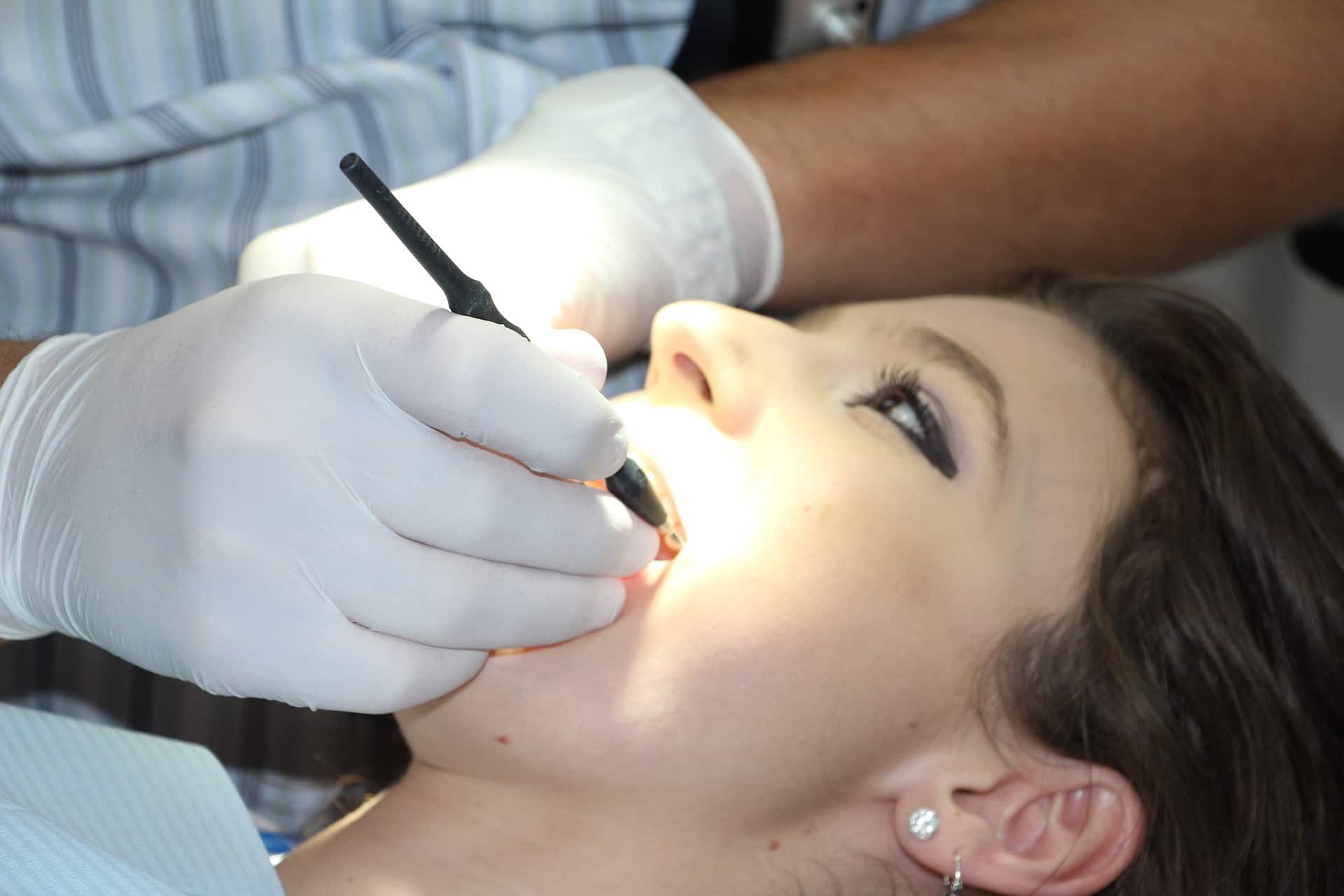Dental Implants - What precisely are they?
A dental implant in Fort Worth Texas is also known as a tooth implant or an endosseous type of dental implant which is a dental surgical device that is directly integrated into the bone structure of the mandible to support a dental device commonly known as a crown, bridge or denture. The medical and scientific basis for modern dental implants is also a biologic process commonly referred to as osseointegration, where materials such as titanium (Titanium is a silvered colored metal with low density and high strength) is used to form an intimate bond to your jaw bone. The dental implant fixture is first placed so that it is likely to osseointegrate (The direct structural and functional connection between living bone and the surface of a load-bearing artificial implant), then a dental implant prosthetic or lab created tooth is added. Typically, some healing time is required for osseointegration before the dental lab created replacement such as a tooth, bridge or denture is attached to the actual dental implant.
Dental Implants are Extremely Stable
Because the dental implants will fuse to your underlying jawbone, well designed dental implants provide extremely stable support for replacement teeth, dentures or crowns. Custom made Dentures and Bridges mounted to your dental teeth implants won't slip or shift around in your mouth and actually feel like natural teeth. The stability provided by a dental implant is an especially important benefit when eating or speaking. This secure method of attachment to your jawbone helps the dentures, bridges as well as individual crowns placed over these dental implants to feel more natural than previous dental technology such as conventional bridges or dentures.
Personal Hygiene Can Impact your Dental Implant's Successful Integration
Success or failure of dental tooth implants depends on the health and personal hygiene of the person receiving the treatment, drugs or medications which affect the chances of osseointegration, and the health of the surrounding gum tissues in the mouth. The amount of stress that will be put on the newly installed dental implant and dental surgical fixture during normal chewing function is also evaluated during the dental implant consultation and evaluation. Planning the position, location, angle and number of dental implants is key to the long-term endurance of the dental implant surgery since there are many significant biomechanical forces that are generated during your normal chewing process. The position and placement of dental implants can be determined by the position and angle of the adjacent teeth, lab simulations or by using computer tomography with CAD-CAM simulations and dental surgical guides called stents. For long-term success of osseointegrated dental implants you will need both healthy bone and gingiva (gums). Since both your bone and gingiva may atrophy over time after a tooth extraction, pre-dental implant procedures such as sinus lifts or gingival grafts sometimes are needed to recreate better bone structure and healthy gingiva.
Dental Implants May be a Better Alternative Than Other Conventional Tooth Replacement Options
For some people, ordinary, older dental technology like bridges and dentures are simply not comfortable or even possible because of irritated areas, poor ridges or even gagging. In addition, traditional bridges must be attached to teeth which need to be specially prepared or ground down on either side of the space left by the missing tooth. One nice advantage of dental implants is that no adjacent teeth need to be prepared or ground down to hold your new replacement implant tooth or implant teeth into position.
The final dental implant teeth device can be permanently fixed, where a person will not be able to remove the denture, tooth or teeth from their mouth. Also, the final dental implant can be removable, where an individual can remove the actual retrofit device. In either case, an abutment shall be attached to the tooth implant fixture. Where the actual denta ltooth prosthetic device is permanently fixed, the crown, bridge or denture is attached to the abutment either with lag screws or with permanent dental cement. For the removable type of dental tooth prosthetic device, a custom designed adapter is attached to the lab generated prosthetic so that the two pieces can be secured together.
Healthy Gums and Good Bone Structure are Important for receiving Dental Implants
If you decide to receive dental implants, you will need to have healthy gums and adequate bone structure to support the dental implant(s). You must also commit to maintaining and keeping your new dental implants healthy. Excellent oral hygiene and regular dental visits are highly recommended and encouraged to help you in the long-term success of your new dental implants.

Two Types of Dental Implants are Recommended by AAID
The American Dental Association mainly considers two types of dental implants as being safe for consumers. These two types of dental implants they consider safe are:
1. Endosteal implants - These are the most common type of dental implants installed which are surgically implanted directly into the patient's mandible or jawbone. Once your surrounding gum tissue has healed, another surgery is required so your dental surgeon can connect a post to the original dental implant. Finally, a replacement lab created tooth (or teeth) is attached to the post-individually, or grouped on a bridge or denture.
2. Subperiosteal implants - This type of dental implant involves the contouring of a metal frame fitted to the contour of your jawbone just below the gum tissue. In time, as your gums heal, the newly designed metal titanium framework becomes permanently attached to the jawbone. You will see protruding posts which are attached to this new metal frame, protrude through your gums. Just like with endosteal implants, matching lab created ceramic teeth are then attached to the protruding posts.














